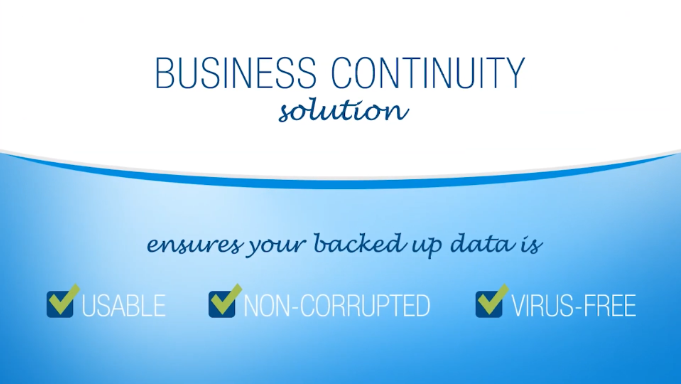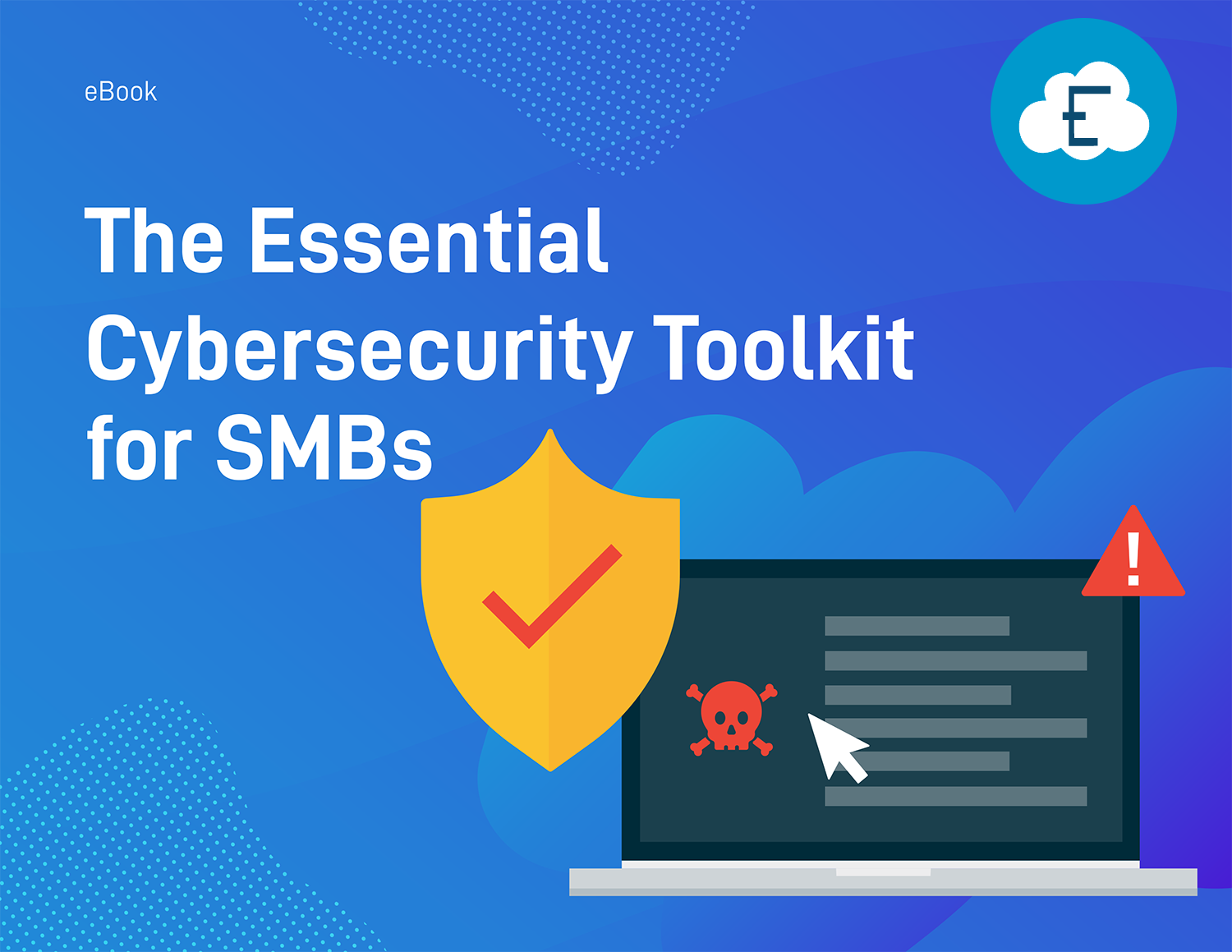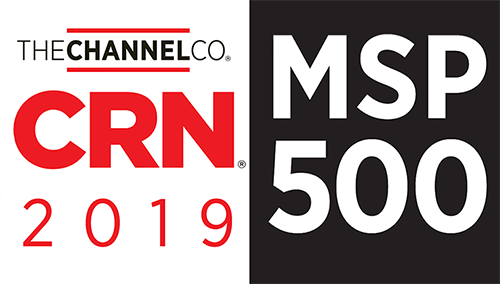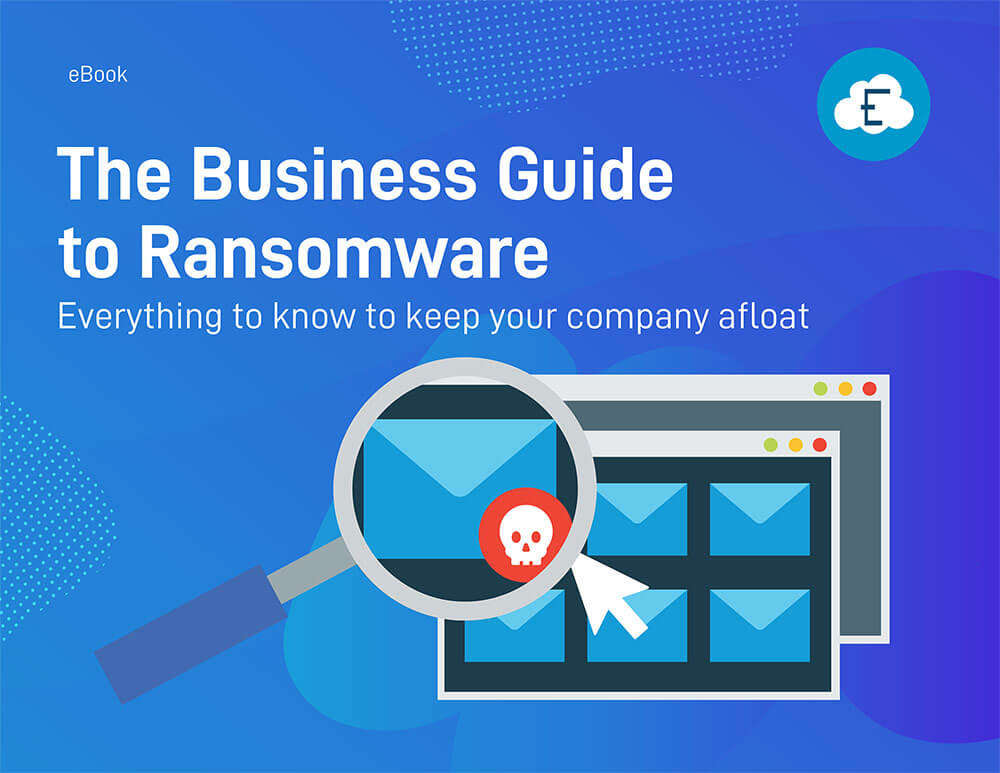How Much Data and Time Can You Afford to Lose?
Business Continuity and Disaster Recovery (BCDR) is the ability to keep daily operations running even in the midst of a natural, man-made or technical disaster.
It isn’t just about data backup, but having a successful BCDR plan does address ready access to backups and timely restorations – and all of the potential obstacles you might encounter in the process.
The costs and consequences of downtime can be measured by asking yourself two questions:
‘How much TIME you can afford to lose?’ (Recovery Time Objective, or RTO)
‘How much DATA you can afford to lose? (Recovery Point Objective, or RPO).
In order to be effective, a business continuity plan must establish an acceptable RTO and RPO for the business and engage a backup and recovery solution that can achieve both in the event of a disaster or outage.
You might ask: ‘how can I even calculate my Recovery Time Objective and Recovery Point Objective?’ We got you covered with our Recovery Time Calculator – our easy-to-use tool that lets you discover the total cost of downtime to your organization.
How Much Data Can You Afford to Lose?
A successful plan eliminates or minimizes the amount of data a business would lose in a disaster or outage.
Consider the consequences of losing all of the data your employees and customers generate in just one day – if it’s possible at all, how long would it take to re-create critical data generated by sales, customer service, marketing, human resources, registration and other internal departments?
How much would it cost your organization to lose a day’s worth of orders and emails?
How much will it cost for employees to attempt to re-create lost data?
An effective plan that will protect the business must have a method of capturing data at regular intervals that meet the organization’s RPO.
How Much Time Can You Afford to Lose?
Your BCDR plan should not only minimize the amount of data your business would lose, but also the time it takes to get systems up and running again.
When considering how much downtime would cost your business, consider the financial impact of lost customer connections and employee productivity.
How many sales will you lose in an hour or a day if your systems are down?
How many customers will simply turn to a competitor?
What is the hourly or daily cost of lost labor?
What are the overtime costs for IT administrators who must work through the night to restore systems?
In order to minimize downtime and hit the organization’s RTO, a BCDR plan must incorporate a comprehensive backup strategy that protects entire workstations and servers.
This is best achieved through image captures that include all data, applications and operating systems.
A holistic plan must feature fast, full restoration capabilities – including the ability to restore images and files to different hardware or bare metal in case the original hardware is destroyed or damaged beyond repair.
Fast recovery depends on having options for storage and restoration – including the ability for instant local and off-site virtualization.
It also offers the ability to utilize a hybrid cloud-based model to store entire systems locally and off-site.
It’s important to give administrators the ability to manage backup and recovery remotely from a central or alternate location in case a branch office is affected or the central office isn’t accessible.
These options give the business the ability to adapt replication and storage strategy and infrastructure to their changing needs.
Indirect Costs of Downtime and Data Loss
Of course, RTO and RPO aren’t the only ways of measuring the consequences of downtime.
In today’s always open global market, consumers and employees have very little tolerance for downtime and data loss. The fact is, at some point all businesses will encounter the threat of downtime or data loss due to disaster or human error.
While the direct costs of downtime are relatively easy to quantify, the indirect costs can be harder to establish – but are just as devastating to the business.
As you build a case for a comprehensive business continuity plan, consider the impact of negative press, negative social media chatter, employee frustration, lost consumer confidence and reputation damage.
It’s easy to see how quickly downtime and data loss can ruin a business. A business continuity solution protects the business from the potentially devastating consequences of small and large disasters – no matter the cause.
Check out our Business Continuity Solutions page, where you can get a start on a proper BCDR plan!
>







